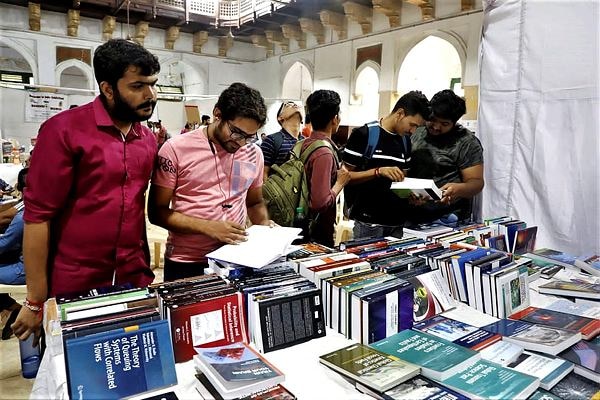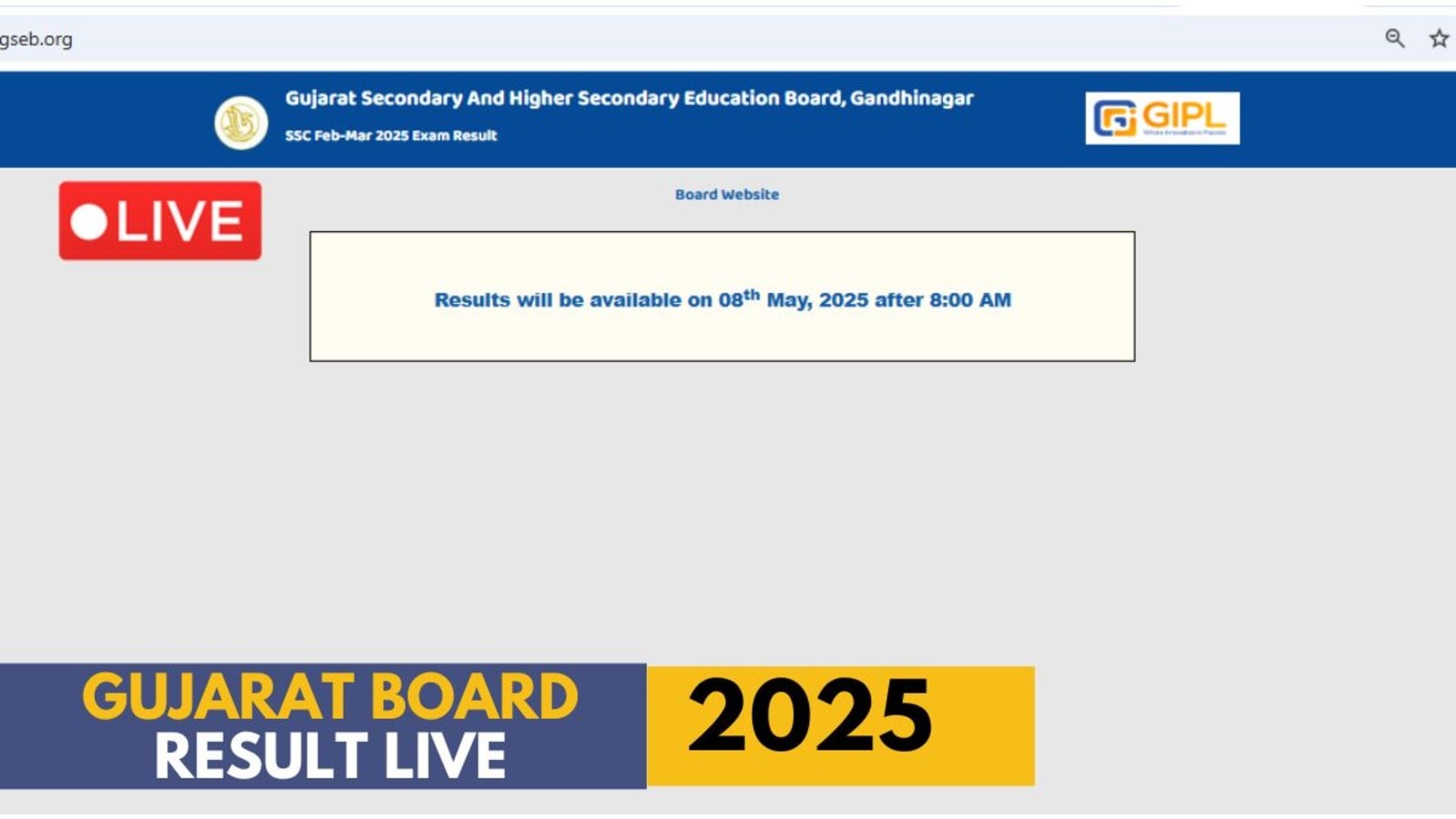QS Best Student Cities 2026: Delhi has been named the most affordable student city in the world, according to the QS Best Student Cities Ranking 2026. While Mumbai has made a comeback into the top 100 student cities globally, Bengaluru and Chennai have also improved their rankings overall.
According to the list of cities released by QS, all four Indian cities featured in this year’s ranking have moved up from their previous positions, indicative of a broader upward shift in India’s academic visibility, affordability, and improvement in workforce relevance.
Which Indian cities made it to the 2026 list?
According to QS Quacquarelli Symonds, Mumbai emerged as the highest-ranked Indian city at 98th place globally, marking a significant leap of 15 spots from last year. Delhi climbed seven places to 104th and secured the top spot in the affordability category, making it the cheapest student city globally in 2026.
Bengaluru, known for its technology and research ecosystem, jumped 22 places to 108th rank. Chennai also improved, rising 12 spots to settle at the 128th position.
The presence of leading institutions in these cities adds weight to their rankings. Mumbai houses the University of Mumbai and the Indian Institute of Technology Bombay, while Delhi is home to prestigious institutions like the University of Delhi and IIT Delhi. Bengaluru has the Indian Institute of Science (IISc), IIM Bengaluru, and a number of other popular private universities, and Chennai features institutions like Anna University and IIT Madras.
How affordable are Indian cities for students?
Affordability has been a consistent strength for Indian cities in the QS rankings. Delhi ranked first globally for affordability, scoring 96.5 in this category, with Bangaluru scoring 84.3 and Chennai 80.1 on the affordability index.
This indicator takes into account average tuition fees and cost of living, both of which remain significantly lower in Indian cities compared to top-ranked global education hubs.
Which are the world’s top student cities in 2026?
Story continues below this ad
Globally, Seoul has claimed the top spot, displacing London which fell primarily due to a drop in affordability. The top five cities in the 2026 edition are:
Seoul, South Korea
Tokyo, Japan
London, United Kingdom
Munich, Germany
Melbourne, Australia
What about graduate employment prospects?
In the ‘Employer Activity’ indicator, which assesses how highly employers regard graduates from a city, Delhi and Mumbai both placed in the global top 50. Bangalore made the steepest improvement of any Indian city, climbing 41 spots to reach 59th position. Chennai also showed significant movement, advancing 29 places.
These gains reflect rising employer confidence in the talent emerging from India’s top academic institutions, many of which are now also improving in global university rankings.
How did Indian cities rank overall compared to 2025?
Story continues below this ad
When compared to last year’s rankings, all four Indian cities showed upward movement:
-Mumbai: from 131 to 98
-Delhi: from 117 to 104
-Bangalore: from 130 to 108
-Chennai: from 140 to 128
Notably, in the QS World University Rankings released earlier in 2025, nearly 50 per cent of Indian universities improved their standing. IIT Delhi was ranked the best institution in India, while globally, MIT retained its position as the top-ranked university for the 14th consecutive year.
Achievement comes amid five years of NEP
The improved visibility of Indian cities and institutions in global rankings comes at a time when India is marking five years of the National Education Policy (NEP) 2020. One of the aims of the NEP has been to internationalise Indian education and improve quality standards, which is beginning to reflect in both university-level and city-level rankings.







